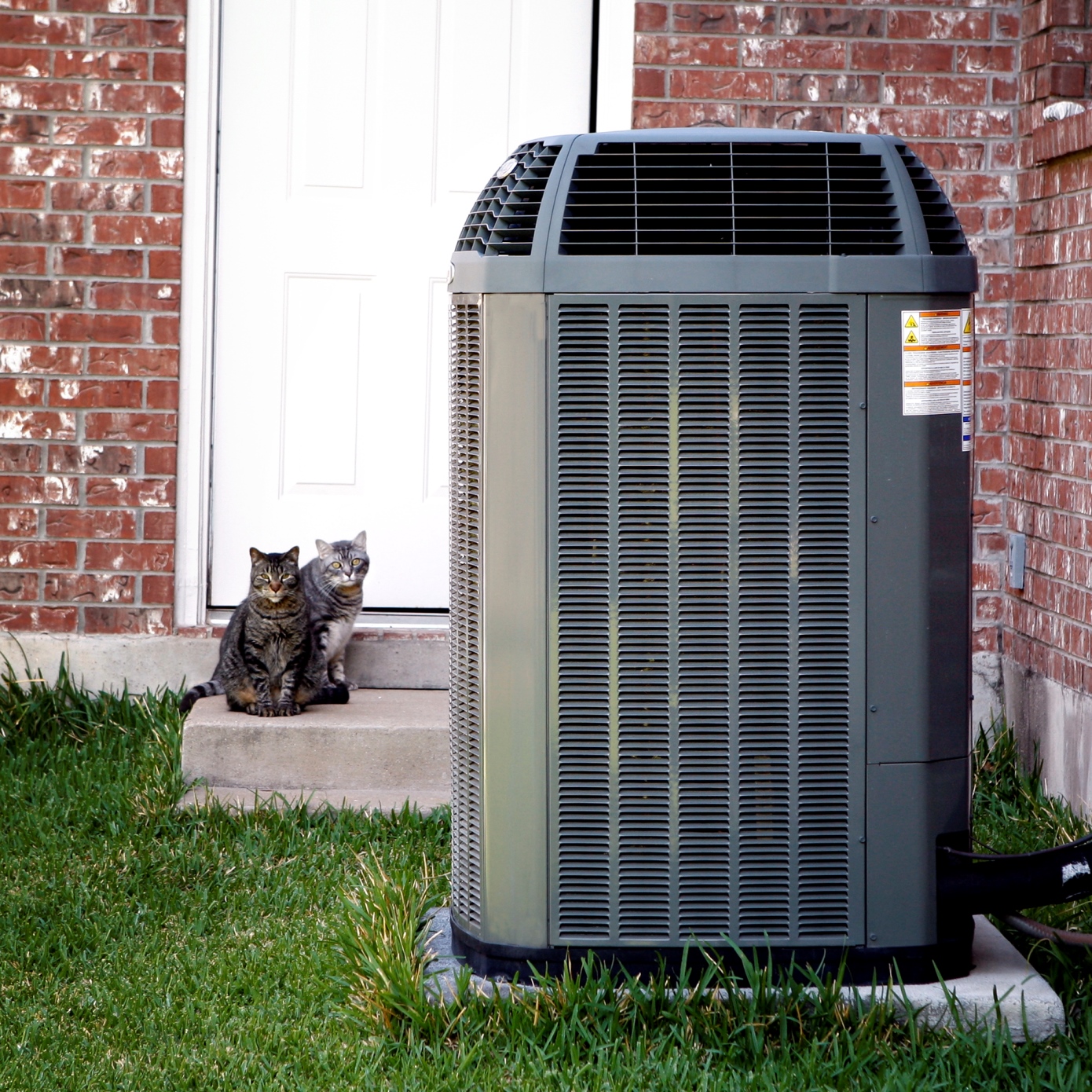Economy
Do Air Conditioners Cause Global Warming?

Published:
Last Updated:

A huge number of homes in the developed world have air-conditioners (AC) to keep residents cool during hot spells. It turns out, according to an MIT study, AC creates greenhouse gas emissions, one of the causes of global warming.
The study, which was published in MIT News, adapted from a Masdar Institute article by Erica Solomon, reported that:
Cities generate a lot of heat, from car motors to heat-trapping pavements and structures, to the very things we use to cool our homes — air-conditioners.
These heat-radiating sources turn dense cities into urban “heat islands,” where air and surface temperatures can be higher than those of nearby rural areas by 2 to 3 degrees Celsius. The peak temperature differences can be significantly higher: 8 to 10 C, or more.
In the United Arab Emirates, where the temperature peaks at 45 C (113 F) or more during the summer and the urban population is growing rapidly, every fraction of a degree counts. A higher urban temperature results in a significant increase in air-conditioning use — an energy expense that currently accounts for 60 percent of annual and 75 percent of peak-day electricity use in Abu Dhabi.
The research was also a means to suggest how problems might be addressed:
Researchers have found that Abu Dhabi’s urban heat island effect is responsible for up to 15 percent of the emirate’s yearly cooling load. Therefore, reducing the city’s extra heat could lead to a significant reduction in the emirate’s energy costs.
Since most of the country’s air-conditioners run on electricity generated by natural gas-fired power plants that emit heat-trapping greenhouse gases into the atmosphere, reducing Abu Dhabi’s cooling load would decrease the country’s carbon footprint, contributing to the UAE’s efforts to achieve a low-carbon, sustainable, and resource-efficient future.
The plan would have an unexpected by-product:
Supporting environmental sustainability in a desert city need not come at a social or economic cost. In fact, Steve Griffiths, vice president for research at Masdar Institute, believes that with the effective use of this model, the productivity and health of Abu Dhabi’s city-dwellers will increase.
Cooler, with more efficiency, and a more productive workforce? The answers were only based on a model.
A financial advisor can help you understand the advantages and disadvantages of investment properties. Finding a qualified financial advisor doesn’t have to be hard. SmartAsset’s free tool matches you with up to three financial advisors who serve your area, and you can interview your advisor matches at no cost to decide which one is right for you. If you’re ready to find an advisor who can help you achieve your financial goals, get started now.
Investing in real estate can diversify your portfolio. But expanding your horizons may add additional costs. If you’re an investor looking to minimize expenses, consider checking out online brokerages. They often offer low investment fees, helping you maximize your profit.
Thank you for reading! Have some feedback for us?
Contact the 24/7 Wall St. editorial team.